A few months before I decided to ease on the advocacy, I contacted my dear friend Dr John Quintner asking him if he was up for a followup interview.
Ever willing to help and share his research and knowledge, John agreed and recently emailed his answers (along with his best wishes & gratitude for my eight years of advocacy).
I first interviewed you after your Trigger Point research was released. A lot has happened in the pain world since then… or has it?
Yes, quite a lot has happened since then. Here are some that are less than memorable for me.
The “dry needling” enthusiasts are still seeking their “Holy Grail” – the damned elusive “trigger point”. They believe it to be a lesion within muscle that is responsible for localised muscle pain. Alas, they continue to search in vain!
Neuroscientists have also continued their quest to locate a concrete entity called “pain” residing somewhere within the brain. In their efforts to do so some have erected what might be called “The Tower of Neuro-babble-on.”
They depict chronic pain variously as a “conditioned response”, as the tool the brain uses to predict the health of the body (“predictive processing”), and even as a predictor of itself (“pre-pain processes”). The names of the respective authors will not be mentioned in order to shield them from embarrassment.
It seems we are beginning to understand the pain experience and that xrays are no longer seen as valid evidence. Do you still believe we’ll never be able to explain pain?
Explaining pain is not a task that can be undertaken solely by medical science in its ceaseless pursuit of knowledge, using logic (logos): it appears that mythos has been forgotten. Myths are designed to help us negotiate the obscure regions of the psyche (“mind”), which are certainly difficult to access, but which nonetheless can profoundly influence our thoughts and behaviours.
My answer to your question is NO.
When I hear people say they have to go to the doctor to check out some pain they’re experiencing, I think ‘I hope your GP knows a good pain specialist’. What’s your first thought?
The role of the doctor is to identify an underlying tissue cause for a person’s pain and, where possible, to effect a cure. A good example of this process is removing a severely arthritic joint and replacing it with an artificial one. Problems arise when doctors cannot find objective evidence of ongoing tissue damage or of damage to the nervous system.
The medical model then fails and people seeking answers are left “hanging out to dry”. Doctors, including pain specialists, are embarrassed by their inability to provide a scientifically sound explanation for their patients’ pain.
Some health professionals will invent a painful lesion (e.g. in a muscle, facet joint or an intervertebral disc) and then proceed to target the tissue(s) assumed to be guilty.
Pain meds – the hottest topic in health now and a very serious one. How are we going to help people understand this sudden change of definition? We went from prescribing painkillers as daily management to, ‘pain killers are bad, stop them and exercise’ instead.
There is a place for analgesics (“pain meds”) and it is unethical medical practice to withhold them from a patient. Many people are hoping that certain “natural” products will help them. Cannabinoids, turmeric, and PEA are currently “in vogue”. There is little more than anecdotal evidence to recommend them.
If you were to begin practicing again, what 5 resources would be on hand at your desk that you would hand to a patient?
Here they are, in no particular order: The Oath of Hippocrates, the Book of Job, The Brain That Changes Itself by Norman Doidge, Inside Pain by Lous Heshusius, and The Puzzle of Pain by Ronald Melzack.
I’ve read some great research that has helped me immensely and I’ve read a lot that I can’t possibly understand. There are many times I feel the health industry is talking among itself and the person in pain is far, far away. Comment?
One recent and pleasing development is the willingness of the peak world pain body – the IASP – to engage with the consumers of pain management services. However, in my opinion, the IASP is still to come up with a definition of pain that might be meaningful to those in pain and in particular, those in whom there is no evidence of tissue damage.
How’s wHOPE Model of Care progressing?
It always gets a mention whenever I talk to consumers and health care professionals. We have moved on from there by exploring the too-often neglected but crucially important role of “intersubjectivity”. Here is a link to this difficult to understand topic: http://www.fmperplex.com/2019/01/28/intersubjectivity-in-clinical-encounters/
How’s the pain dictionary progressing?
There has been no action here.
What are you currently working on?
We have just completed two book chapters for “Meanings of Pain – Volume 2: Pain and Clinical Experience”. One deals with the denotation of chronic pain, the other with its connotations. There is much work that needs to be done to explore the stress response hypothesis for chronic widespread pain (fibromyalgia). Having said that, the sheer complexity of this task is daunting.
Do we need to update The Train is Bound for Wholeville?
Yes, it is in need of updating but the main messages are still relevant.



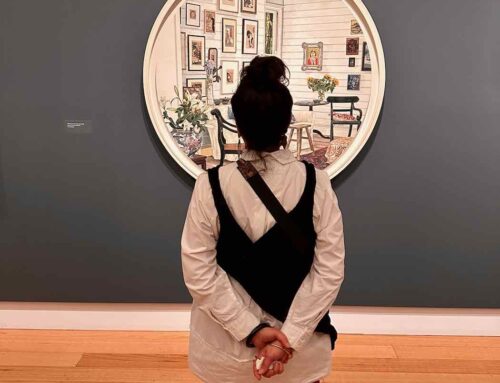

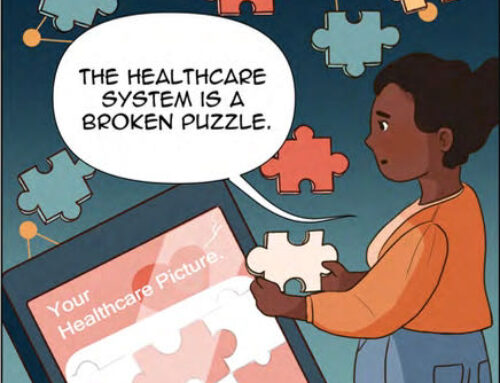

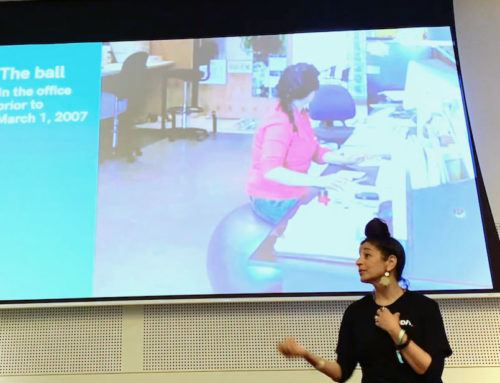
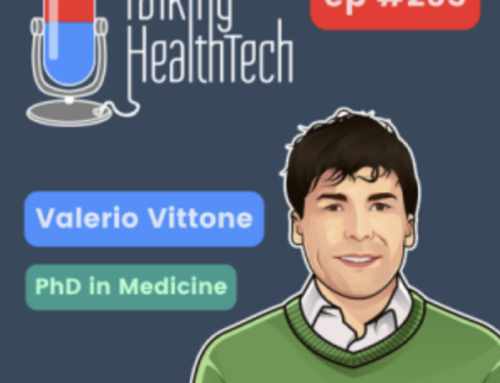
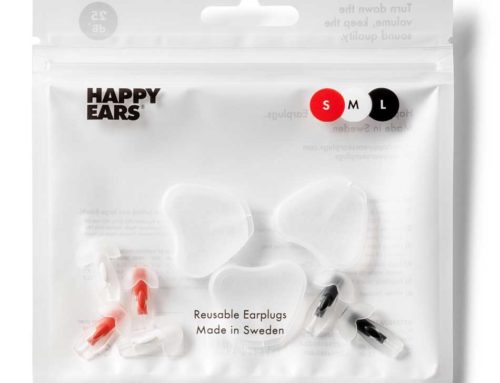
Soula, what a Brilliant ending to your blog…
I’m beyond impressed with your ability to communicate your situation over the years.
I wish you well in every way. Your so fortunate to have Theo understanding your journey and never giving up !
I again sincerely wish you well. I pray Chronic Pain continues to be researched on a dinamic level…. as you know living with it, is challenging to say least.
Sincerely
Lisa
Soula, I don’t often communicate with you as much as a few years ago, but I hear about you quite often and I do follow most of your posts. I still practice although reaching the ripe age of 80 in about 7 months. We continue to receive such sad inquiries from around the world from so many suffering with pelvic, genital and sexual pain disorders. I am beginning a mentorship with a younger Gyn from New Jersey. She wants to learn how to carry on down the line.
Your interview with Dr. Quinter was awesome… thanks so much for doing that and for him to responding to your excellent questions. He is a fantastic intellect, a true inspiration in his work, and certainly always a “troublemaker” in the health care community. He has been near top of my list of those I would most enjoy having a beer with – I envy the close relationship you have developed with him… of course, he also is a winner being your pal.
Thanks for all your work over the years for so many others and I truly understand why you need to stand down a bit. All my best wishes to you, Soula. Hope we have a chance to chat again sometime.. Dr. Bob Echenberg